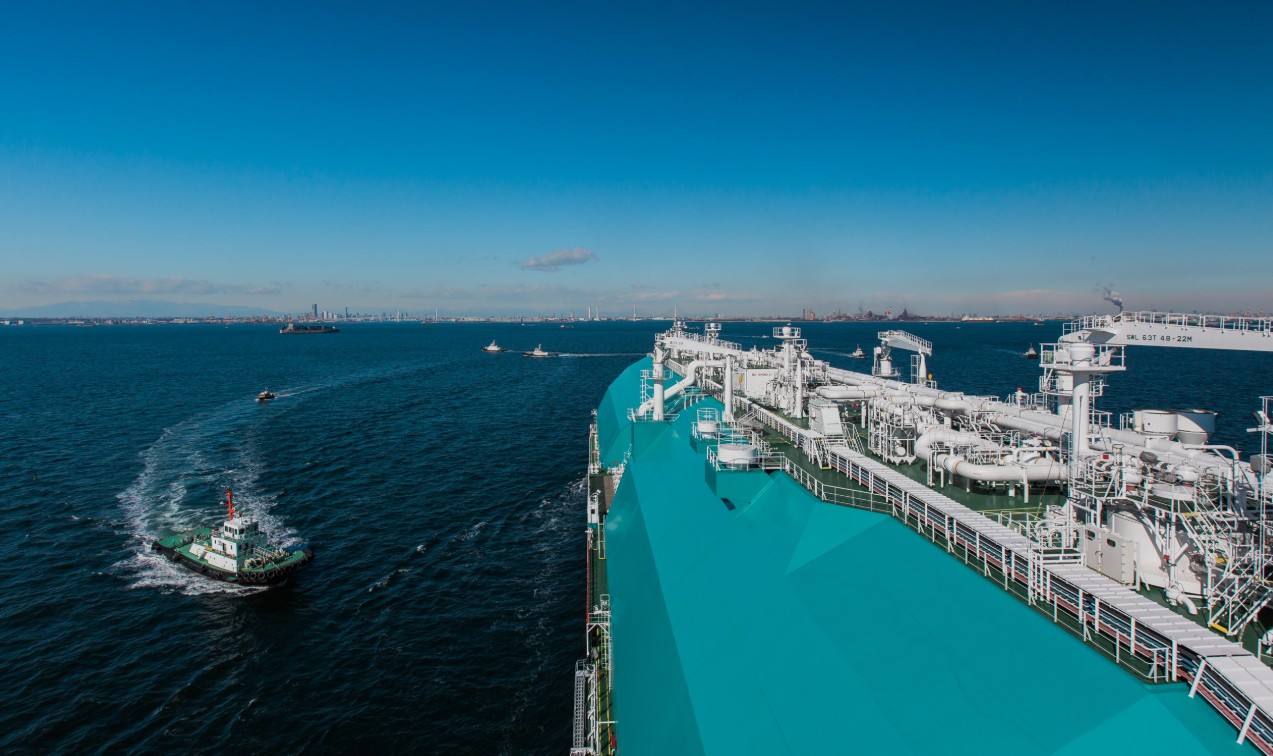This story requires a subscription
This includes a single user license.
In the fourth quarter of 2024, LNG carrier spot rates declined further, mainly due to high vessel availability arising from strong newbuild deliveries, MISC said in its results report on Friday.
“The declining rates have significantly impacted the long-term valuation of our assets, affecting the financial results of our gas assets and solutions segment,” the firm said.
The shipping firm’s gas assets and solution business, which includes a fleet of LNG and ethane carriers, posted fourth-quarter revenue of 849.5 million ringgit ($192.2 million), a drop of 3 percent year-on-year.
MISC attributed the drop to the translational impact from the strengthening of the ringgit against the US dollar in the quarter.
Moreover, MISC’s gas assets and solution business reported an operating profit of 179.7 million ringgit ($40.6 million) in the fourth quarter.
It said operating profit decreased by 47.3 percent compared to the same period in 2023 due to higher operating costs.
For the full year of 2024, revenue decreased to 2,987.4 million ringgit while operating profit dropped to 1,047.7 million.
MISC is one of the largest operators of LNG carriers and most of them are on long-term charters.
According to MISC’s website, it operates a fleet of 31 LNG carriers, including 3 as part of joint ventures. It also has one chartered LNG bunkering vessel.
Besides operational vessels, MISC previously said it has at least 14 LNG carriers on order.
Last year, MISC ordered two LNG carriers from South Korea’s Samsung Heavy. These vessels will serve Petronas under charter deals.
Group profit, revenue down
MISC’s operating profit of 376.7 million ringgit ($85.2 million) in the fourth quarter dropped by 56.9 percent year-on-year.
MISC attributed the drop to lower project progress and an increase in construction costs of a floating, production, storage, and offloading unit (FPSO), as well as higher cost provisions relating to an asset in the offshore business segment.
the conversion of a floating, production, storage, and offloading unit (FPSO) following lower project progress upon achieving its first oil in the current quarter.
Group revenue of 3,306.6 million ringgit dropped by 22.7 percent compared to the same period before.
MISC said revenue dropped mainly due to the conversion of the FPSO following lower project progress upon achieving its first oil in the current quarter.
For the full year of 2024, revenue dropped 7.2 percent to 13,237.5 million ringgit, while operating profit decreased 10 percent to 2,593.7 million ringgit.
Outlook
Looking forward, MISC said the outlook for LNG carrier rates is expected to remain soft in 2025, driven by the continued influx of new vessels and delays in additional supply from new LNG liquefaction projects.
However, LNGC rates are expected to recover post-2026, driven by the gradual increase in LNG supply as the delayed projects become operational, it said,
“Nevertheless, the gas assets & solutions segment will continue exploring strategic opportunities for its spot vessels, including repurposing the vessels into floating storage solutions,” MISC said.

